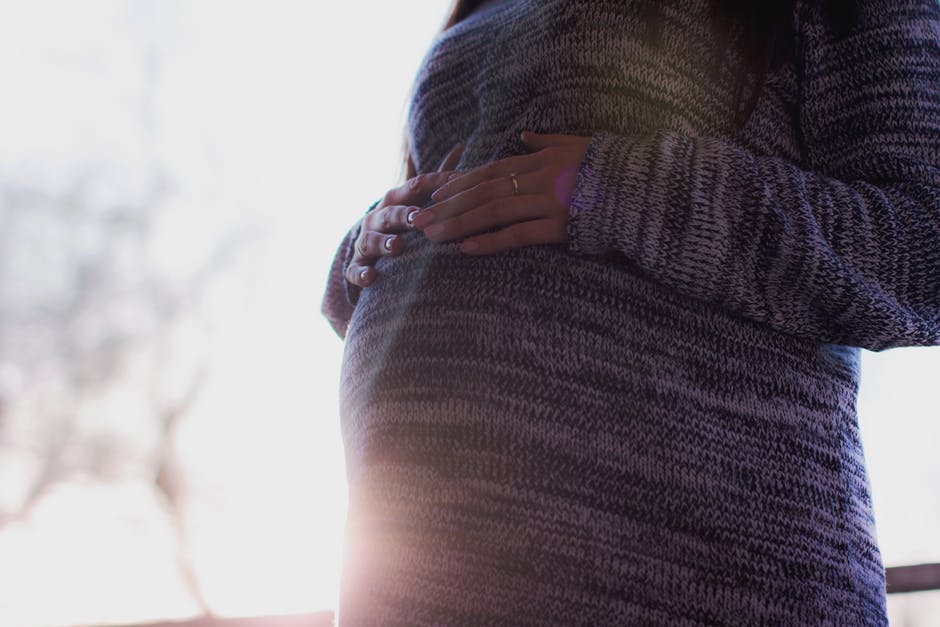Influenza Vaccination of Vulnerable Populations Including Pregnant Women

As the colors of the leaves begin their dramatic change, we are reminded that Influenza season is just around the corner. Influenza season carries with it many uncertainties, and immunization of the general population (including those most vulnerable) reduces the overall risk of the most severe outcomes from influenza infection. Our most vulnerable populations include the very young, the very old, pregnant women, and those with chronic disease.
It has been established that pregnant women in general are in a high risk category for increased severity of complications from influenza infection itself. Studies have shown that women who become infected with influenza during pregnancy are more likely to be hospitalized, more likely to require intensive care services during that hospitalization, and are more likely to die from influenza. Preterm births and births with low birth weight are more commonly seen after severe maternal infections with influenza during pregnancy.
Vaccination for influenza can prevent influenza infection, thus avoiding these maternal and child risks. Maternal vaccination during pregnancy also confers immunity to the fetus through the first 6 months of life, a time of the very highest risk for severe influenza outcomes. Infants under 6 months of age are unable to be vaccinated for influenza and so maternal vaccination programs offer significant health benefits to them.
A recently published CDC-funded study reported that a group of women who received influenza vaccine early in pregnancy during the 2010-11 and 2011-12 influenza seasons experienced an increased occurrence of spontaneous abortion in the 28 days following vaccination. This study does not prove that influenza vaccination caused the miscarriages. Additionally, this study does not make it possible to establish any other pregnant woman’s personal risk of miscarriage following influenza vaccination. There is ongoing research of the association reported in this study, with further results to be known in about one year. Several earlier studies have not found such an association of vaccination with miscarriage.
The CDC and its Advisory Committee on Immunization Practices (ACIP) have not changed the recommendation for influenza vaccination of pregnant women. The American College of Obstetricians and Gynecologists (ACOG) also continues to recommend that all women receive the influenza vaccine. It is recommended that pregnant women get a flu vaccine during any trimester of their pregnancy because flu poses a danger to pregnant women and a flu vaccine can prevent influenza in that high-risk population.
The CDC website recommends that health care decisions should be part of an ongoing discussion between provider and patient. CDC and the local health department recommends that any pregnant woman who has questions about vaccines talk to her health care provider. Providers should use their clinical judgement based on various factors including their patient’s health status, local influenza activity, and the benefits versus the potential risks from flu vaccination when deciding whether and/or when to immunize their patient against influenza.
By: Jennifer Corder, M.D.
Deputy Health Officer
Garrett County Health Department
- 360 Access Hub (Also Known as the Garrett County Food Bank Project) Takes Another Step Forward With Help From Community Works Garrett County! - June 6, 2025
- Garrett County Enhances Stakeholder Access to Advanced Mapping Tools and Public Property Records Through a Strategic Collaboration Between the Health Department and Garrett County Government - June 6, 2025
- Upcoming Meeting Announced: Workgroup on Child and Adolescent Health - June 6, 2025



